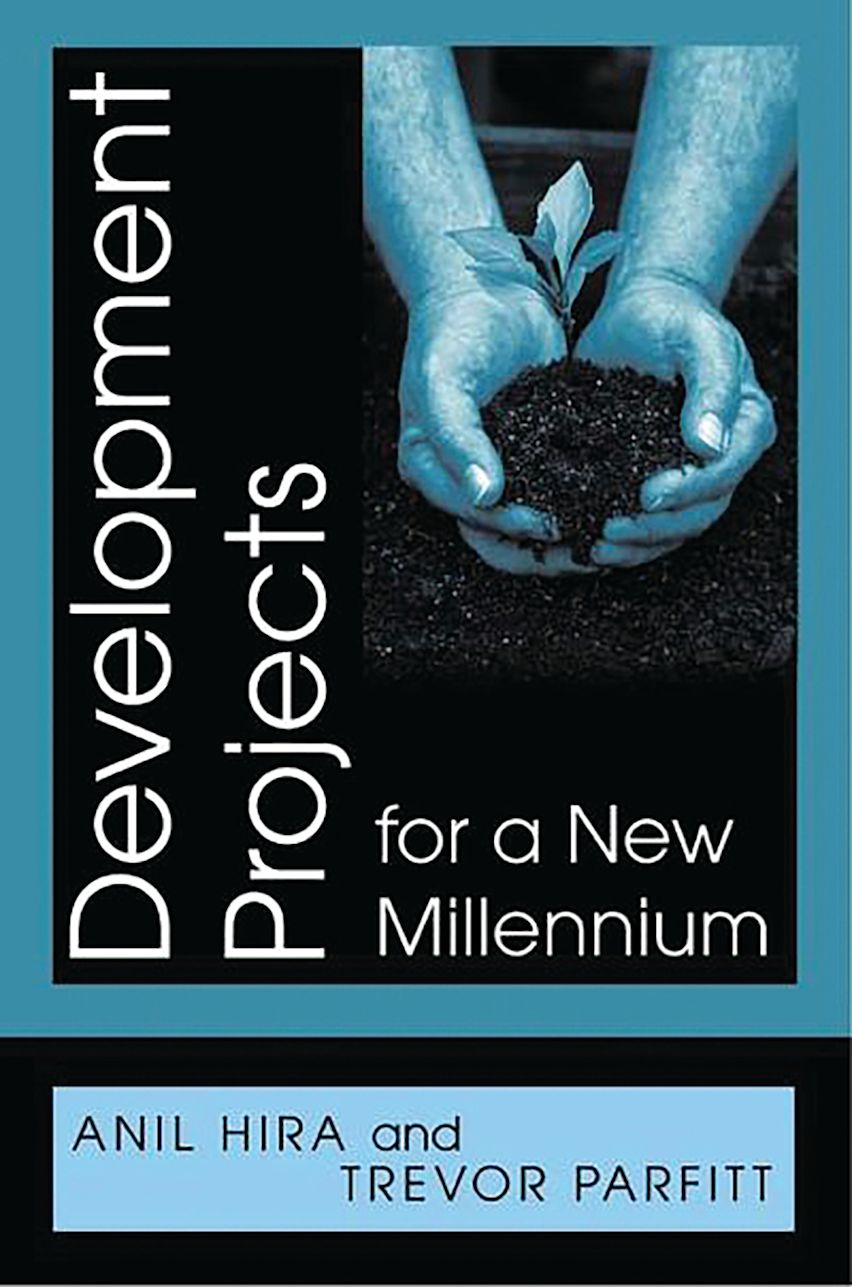- Home
- ACADEMIC
- International Development
- History and Theory of Development
- Development Projects for a New Millennium
Development Projects for a New Millennium
Development Projects for a New Millennium
This product is usually dispatched within 1 week
- Delivery and returns info
-
Free US delivery on orders $35 or over
You must sign in to add this item to your wishlist. Please sign in or create an account
Description
Economic matters entered a new phase of importance in the wake of the Cold War. Concerns within development-assistance efforts to the Third World have also shifted. The current macro-environment of development has been accompanied by a plethora of new concerns and methods, such as how to consider gender in development projects and how to develop participatory-centered projects. Yet no text has covered many of the new approaches and techniques related to development projects, including issues of participation, gender, and evaluation—until now. Hira and Parfitt bridge these serious gaps, drawing on their hands-on experience and teaching in the field.
The end of the Cold War was supposed to bring a new era of peace prosperity, and development. However, the post-Cold War world has not led to any major improvements in development. In this book, Hira and Parfitt examine why 50 years of development have not led to the wiping out of poverty. In the first part of the book, they break down the political agendas behind development in the post-Cold War World, as well as the serious flaws in current development project management. In the remainder of the book they look carefully at a number of new initiatives that seek to correct these problems, examining carefully their promise for bringing about more tangible results.
This book provides a thorough overview of the classic concerns and approaches of development project management, including clear explanations of predominant planning and evaluation practices. In addition, the book introduces the major new initiatives in development project management, including those regarding environmental sustainability, participation, gender, and the steps needed to create a real learning environment in development project planning. The result is a guide for the project manager and policymaker who want to know the implications of recent development ideas in terms of everyday practices, as well as for the student and interested citizen seeking to move beyond theory and critique to see how new practices can change the way that development projects are administered.
Table of Contents
Acknowledgments
Introduction: Development Aid in the Post-Cold War Era
The Project Approach to Development: A Blunted Edge?
The Environment and Sustainable Development
Can Development Organizations Be Reinvented?
Participation
The Growth of Gender Perspectives in Development
How to Help a Failing Patient: The Difficult State of Evaluation in Development Projects
Notes
Selected Bibliography
Index
Product details
| Published | May 30 2004 |
|---|---|
| Format | Hardback |
| Edition | 1st |
| Extent | 216 |
| ISBN | 9780275975029 |
| Imprint | Praeger |
| Dimensions | 9 x 6 inches |
| Publisher | Bloomsbury Publishing |
About the contributors

ONLINE RESOURCES
Bloomsbury Collections
This book is available on Bloomsbury Collections where your library has access.


































